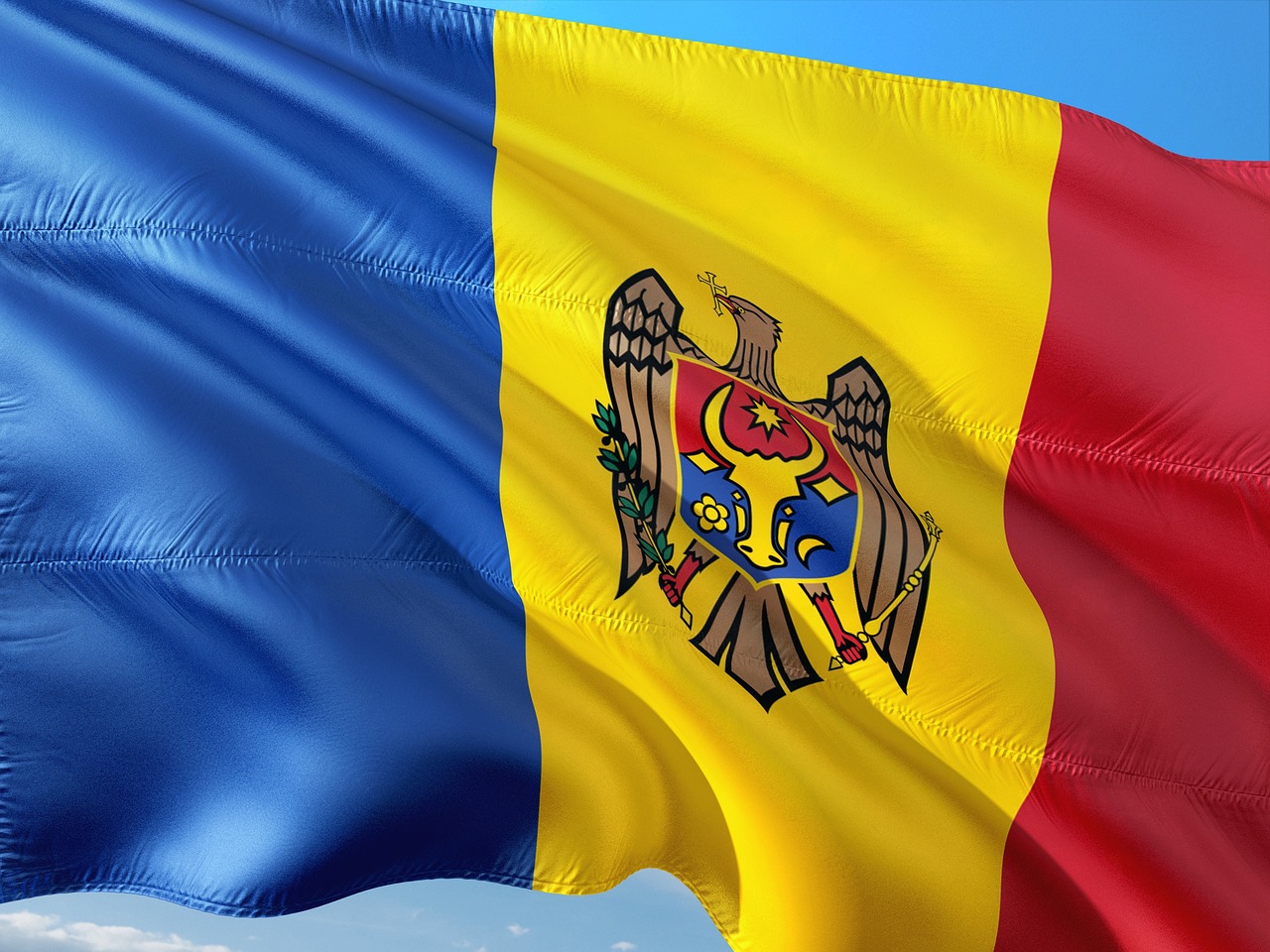
In a curious twist in regional tensions surrounding Romania and Moldova, Romanian Prime Minister Marcel Ciolacu has expressed gratitude to Ukrainian President Zelensky for „the openness he showed in efforts to recognise the non-existence of the so-called Moldovan language.”
Moldova, a former Soviet Republic whose present status owes largely to Stalin’s overreaches in Europe, ruled in 2013 that the national declaration of independence – which refers to Romanian as the country’s official language – should take precedence over a 1994 change to the constitution that introduced the term 'Moldovan language,’ yet Russia-leaning political factions in Moldova still maintain a divisive „Moldovan language” – established during Soviet times – which is essentially a Cyrillic-script version of the Romanian language.
The issue was raised again last week, when the Ukrainian President Volodymyr Zelensky visited Romania and was pressed to scrap a Soviet-era policy of dividing ethnic Romanians and Moldovans in Ukraine based on language. Zelensky gave an encouraging response and, from this moment on, at the international level, there is only one official language in Moldova: the Romanian language. Romanian President Klaus Iohannis welcomed the development concerning the „artificial” Moldovan language, though some observers questioned what the actual agreement entails in practice.
Russia’s invasion of Ukraine has transformed Kyiv’s relationship with Bucharest, most importantly with Romania’s growing importance as an outlet for Ukrainian grain that Kyiv is unable to export via the Black Sea. It has also led to a new, strong embrace of Ukrainian culture and language, sometimes to the detriment of language rights enjoyed by Romanian, Polish, and Hungarian speakers in Ukraine. After the overthrow of pro-Russian President Viktor Yanukovych in 2014, lawmakers passed a series of laws to promote the use of Ukrainian in media, education, and the legal system. A resolution of the dispute over the 'Moldovan language’ would undercut nationalist opponents of Romania’s support for Ukraine in its war with Russia, while a strong Romania-Ukrainian alliance could potentially shift the balance of power in the Black Sea region, with repercussions for Moldova’s own Transnistria dispute.
The number of Romanian-language or mixed Ukrainian and Romanian-language schools in Ukraine has fallen from 92 in the 1990s to 64 at the beginning of this year. Between 2001-2002 and 2016-2017, the number of students studying in Romanian roughly halved from 35,500 to around 18,000. In 2017, a new education law required all public secondary schooling to be conducted in Ukrainian, with minority languages offered as second languages. The Venice Commission, the Council of Europe’s top constitutional advisory body, expressed concern at the reduction of teaching in minority languages, which put the survival of minority schools and the linguistic identity of minorities at risk. Romania, Bulgaria, and Hungary all objected to a new law on national minorities that failed to take on board all recommendations made by the Commission. The issue of minorities and minority languages in Ukraine will remain on the table as Ukraine integrates with the European Union, and it is not only a question of Romanian language. A Kyiv-Bucharest alliance, possibly backed by Bulgaria or Turkey, could change the balance of power in the Black Sea in favour of the European Union and NATO.






